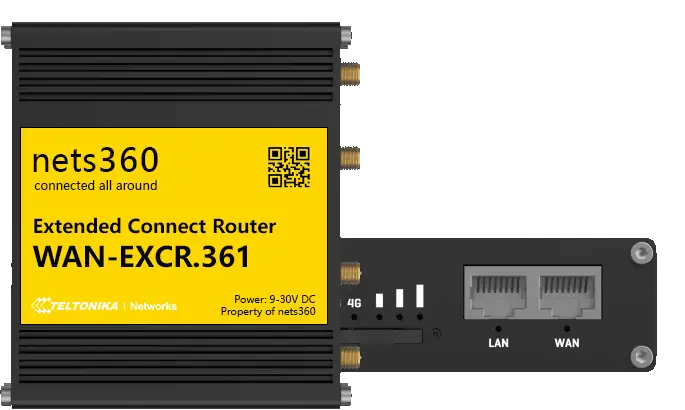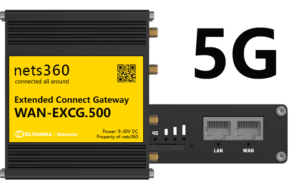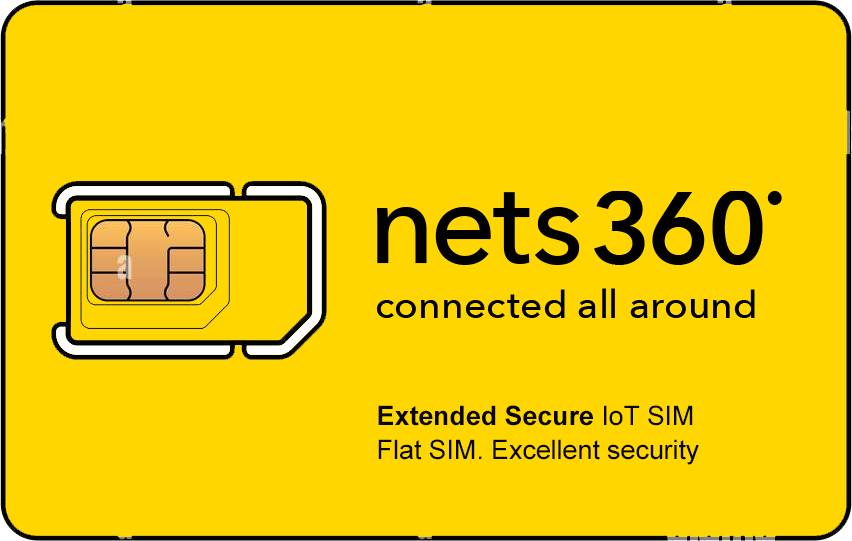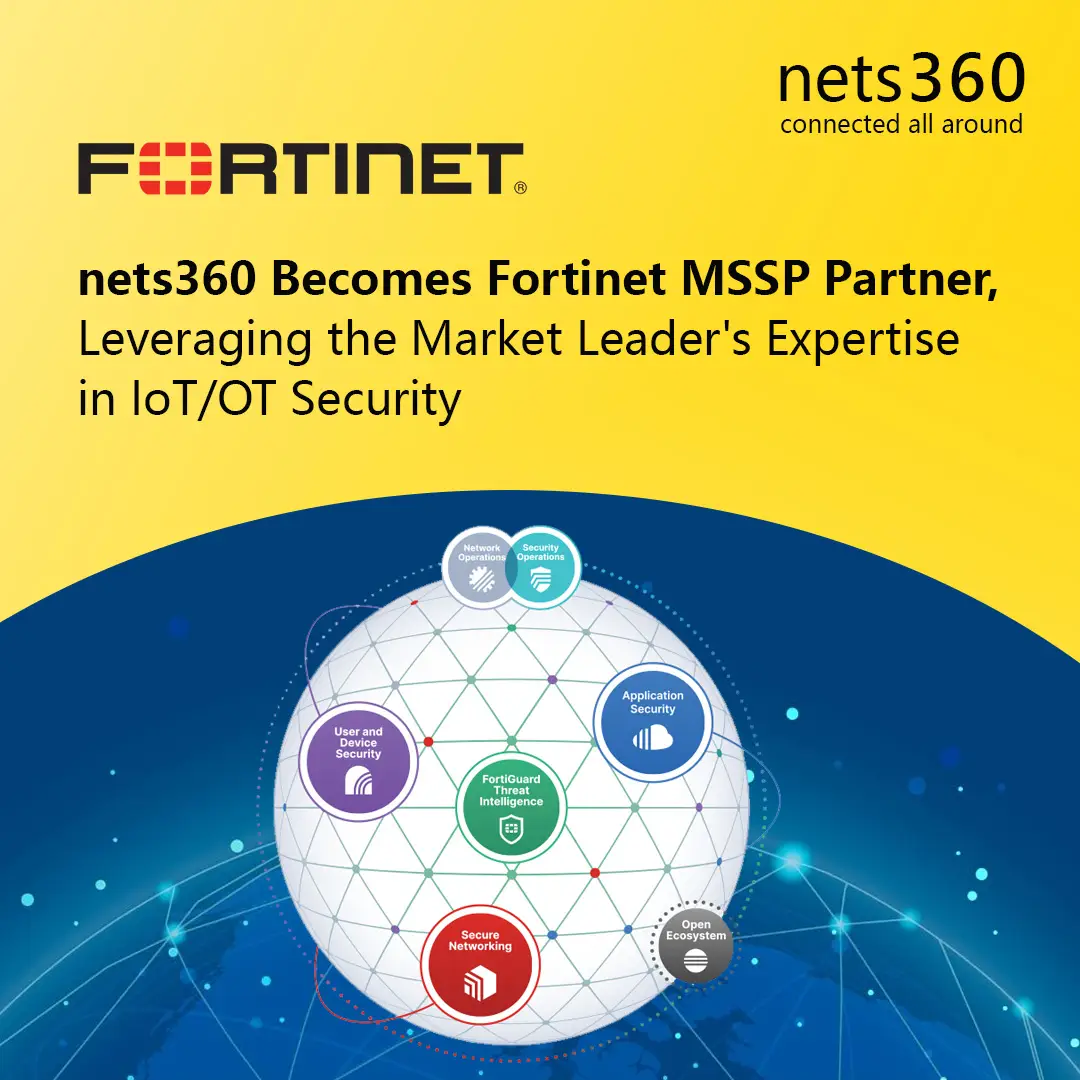
5G as Internet Backup for Enterprises
The ideal backup solution
5G as Internet Backup for Businesses
The ideal backup solution

Many business locations only have a primary internet connection via fiber optic, DSL, or directional radio. However, 5G presents an interesting and powerful backup option. Below, we would like to inform you about the possibilities of 5G.
What is 5G?
5G stands for the fifth generation of cellular technology, aiming to significantly improve the speed, coverage, and responsiveness of wireless networks. 5G networks can transmit data much faster than their predecessors, offer lower latency, and support a larger number of devices within the same geographic area. This opens up new opportunities in areas such as the Internet of Things (IoT), autonomous vehicles, virtual reality, and enhancing mobile broadband connections.
How can my business benefit from 5G?
Businesses can benefit from 5G in various ways, especially by using 5G as an internet backup solution. In a time where dependence on constant internet connectivity is growing, a 5G backup offers a reliable alternative in case of primary internet connection failures. This is particularly important for businesses that rely on cloud-based services or require constant data exchange. With 5G as a backup, businesses can enjoy seamless connectivity, minimizing downtime and ensuring business continuity.
How reliable is 5G?
5G networks are known for their reliability. Through the use of advanced technologies such as Massive MIMO (Multiple Input Multiple Output) and network slicing, 5G networks can ensure consistently high performance and reliability. These technologies allow the network to dynamically adjust to user needs, thereby improving transmission speeds and response times. However, the reliability of 5G can vary in rural or densely built-up urban areas, depending on the availability and development of the 5G network.
How secure is 5G?
5G networks are equipped with enhanced security features, making them safer than their predecessors. These include advancements in encryption and network architecture security, increasing the protection of privacy and data integrity. However, the greater complexity and increased use of software in 5G networks also introduce new security challenges that need to be carefully managed by network operators and businesses using 5G.
What bandwidth can be achieved over 5G?
5G networks can theoretically reach speeds of up to 10 Gbps, which is about 100 times faster than 4G. In practice, users are likely to experience speeds in the range of 1 Gbps, depending on the network environment, the number of connected devices, and the specific application. These high speeds, along with the low latency of 5G, enable applications requiring fast data transmission, such as high-resolution video streaming, real-time gaming, and supporting IoT devices.
How can 5G be integrated into my existing environment?
Deployment and integration can be done in various ways. The simplest is, for example, our Extended Connect Gateway. This 5G gateway is simply connected to the second WAN port of your existing firewall or SD-WAN appliance. 5G then acts as a second internet gateway. Of course, nets360 also offers many other solutions for integrating 5G into your infrastructure. Just contact us, we would be happy to advise you.
Related articles

nets360 Security by Design – NIS 2 Directive Meets IoT

nets360 Introduces “Extended Secure IoT SIM”

nets360 Becomes MSSP Partner of Fortinet




